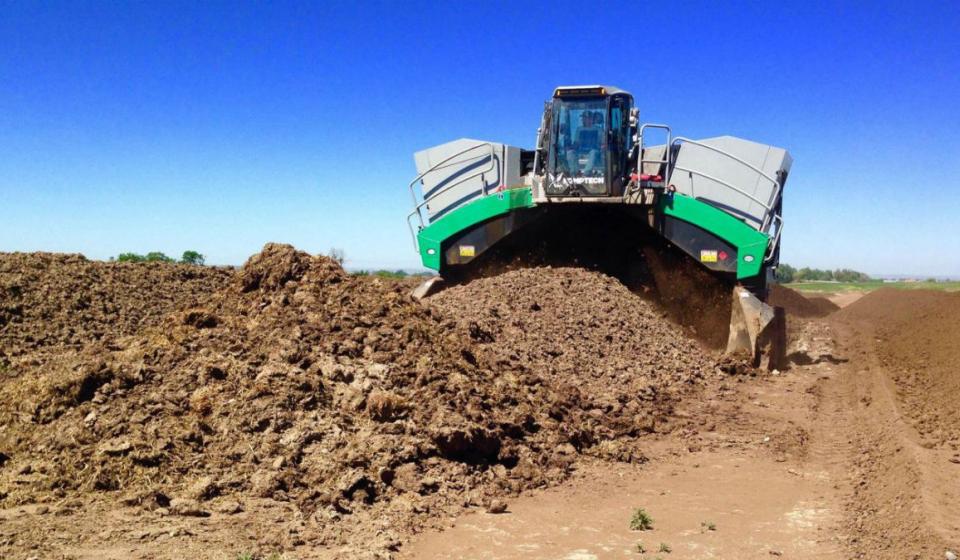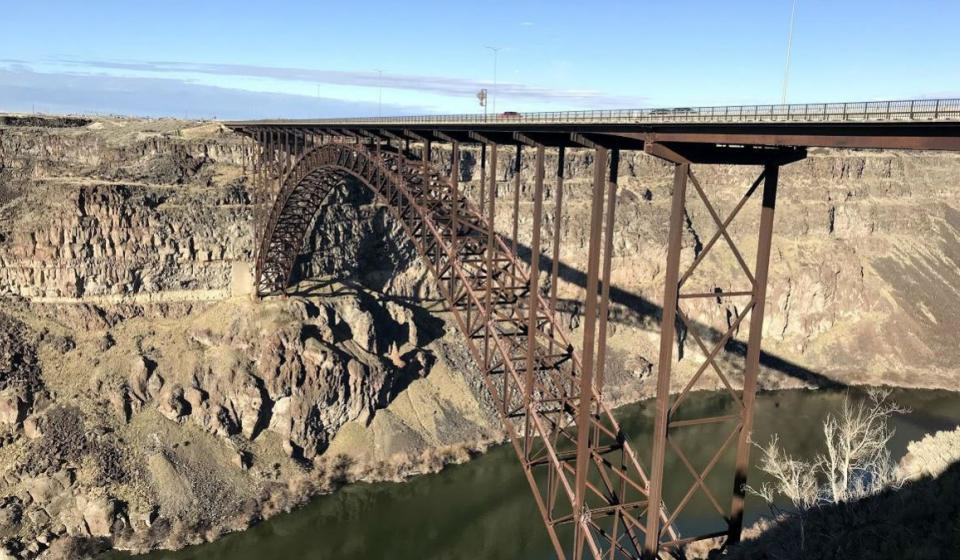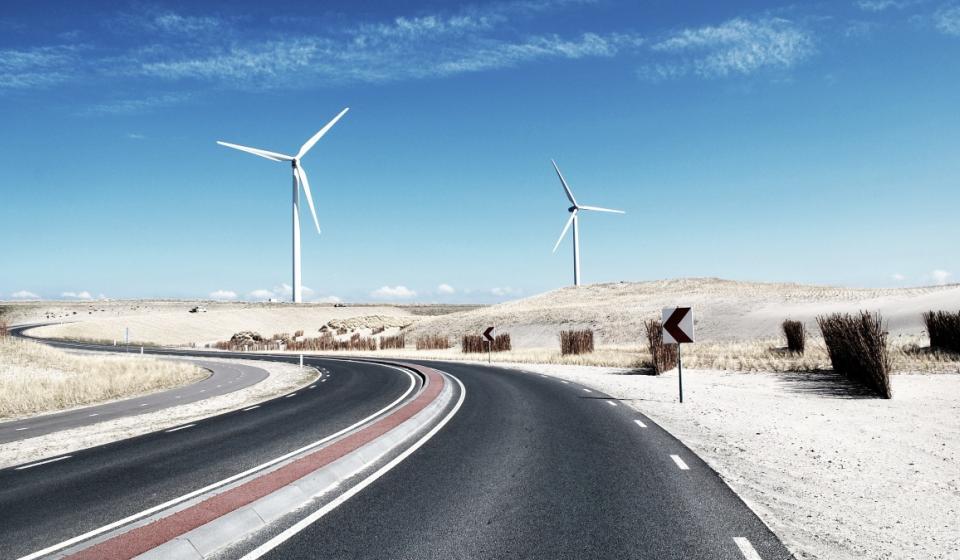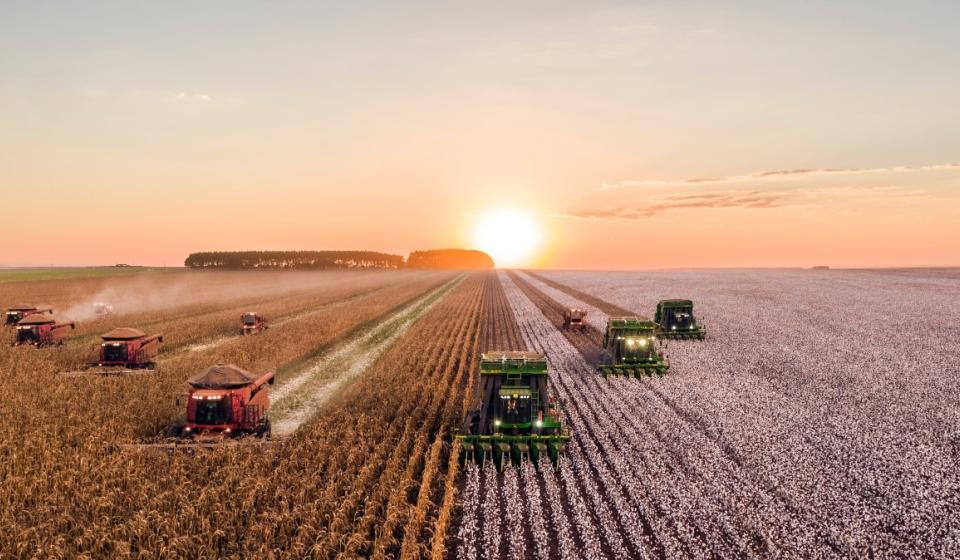EngageINFEWS Lightning Talks 2023
As part of our ongoing activities focused on highlighting best practices from researchers across the country, in 2023, participants assembled to present lightning talks highlighting challenges and lessons learned from stakeholder engagement in Food, Energy and Water Systems (FEWS) projects. Browse the lightning talk library below:
Day 1: 12 Apr 2023
1. Meghna Babbar-Sebens | Framing a Decision Model for a Hyper-Localized Food, Energy, and Water Nexus in a Rural Community in India
2. Clara Cogswell | HydroShare and the Water Community, removing perceived barriers to data sharing
3. Gabriela Martinez Motta | Community engagement with transformational change
Day 2: 13 Apr 2023
1. Khara Grieger |Lessons learned in using an online stakeholder engagement platform
2. Peder Nelson | Community Engagement with Satellite Imagery
3. Mary C. Hill | Low Carbon Opportunities for Arid Agricultural Areas Impacted by Climate Change: The Case of FEWtures in the Central Arkansas River basin (CARB)
4. Steven R. Padget | Water/Energy/Carbon Nexus, Green Infrastructure and LEED
Day 1 | Introduction: 12 Apr 2023
Introduction to the first day of video presentations as part of the EngageINFEWS 2023 Lightning Talk Series.
Framing a Decision Model for a Hyper-Localized Food, Energy, and Water Nexus in a Rural Community in India
Lack of environmental monitoring poses barriers to management for food-energy-water nexus in many communities across the world. Local and traditional knowledge of stakeholders in the community can be key to framing the decision problem for adaptive management of these under-monitored hyper-localized FEW nexus in these communities. This research examined the usefulness of the InterACTWEL participatory framing tool for co-production of a conceptual adaptive management model for agricultural water systems in a hyper-localized FEW nexus system of a rural community – E. Palaguttapalli Gram Panchayat village in India. The presentation highlights some of the lessons learned in engaging the community for formulating the diverse elements of the decision problem, including co-production of problem scope, criteria, and models, necessary for generating adaptation plans.
HydroShare and the Water Community, removing perceived barriers to data sharing
HydroShare is an open-source general purpose data repository for the water community, created with the goal of increasing data sharing and lowering the barrier to entry for FAIR data practices. We approach this goal by removing both traditional and perceived barriers to data sharing through an intuitive and general purpose, file agnostic repository. We have found that abundant and easy to access instruction in various formats, one on one interactions, and a flexible interface eases the burden of learning to use a data sharing platform.
Community engagement with transformational change
Grassland 2.0 Learning Hubs are place-based conversations supporting communication and co-learning among an array of community partners in Wisconsin, Minnesota, and Illinois. We are developing an Agroecological Transformation Plan (ATP) for livestock production in the Upper Midwest that will be informed and driven by the desires and visions of local communities. To help this happen, we worked with local partners to conduct interviews of key people in the region—conversations that took place in farms, offices, kitchen tables, by phone, zoom, and coffee shops.
Working shoulder-to-shoulder with local partners, I conducted 25 interviews in each of the three Wisconsin Learning Hub’s, which are called Cloverbelt, Driftless, and Ridge & Valley. Once interviews were complete, we distilled and compiled themes and worked with a graphic designer to develop visual depictions called “The Story of Now”, “The Story of the Future”, and “Pathways”. We then organized community gatherings with interviewees, steering team members, and other local partners to reflect, discuss, and revise the rich picture of their community and begin mapping visions of future outcomes and landscapes. Currently, we are developing more concrete scenarios of what the socioecological landscapes could be and what policies, markets, and conversations need to be in place to make these visions reality.
Day 1 | Closing Discussion: 12 Apr 2023
Discussion and closing remarks following the first day of video presentations as part of the EngageINFEWS 2023 Lightning Talk Series.
Day 2 | Introduction: 13 Apr 2023
Introduction to the second day of video presentations as part of the EngageINFEWS 2023 Lightning Talk Series.
Lessons learned in using an online stakeholder engagement platform
The inclusion of diverse stakeholder perspectives is essential for responsibly developing new technologies in food and agriculture. In a USDA/NIFA-funded project, we developed and conducted an online stakeholder engagement platform to elicit views of nanotechnology used in food and agriculture. Overall, the online platform proved to be a cost-effective mechanism to engage various stakeholders to better understand their views and have them discuss pros and cons of new (nano)technologies for food/ag systems. This presentation provides a brief overview of the online platform to engage stakeholders and discuss strengths and weaknesses of the approach to improve future engagement efforts that use virtual tools.
Community Engagement with Satellite Imagery
The Global Learning and Observations to Benefit the Environment (GLOBE) Program has been providing students and the public worldwide with the opportunity to meaningfully contribute to our understanding of the Earth system and global environment since 1995. As an international science and education program, GLOBE is dedicated to supplying the science, technology, engineering and mathematics (STEM) professionals of tomorrow with the scientific knowledge necessary to tackle Earth's biggest mysteries.
Low Carbon Opportunities for Arid Agricultural Areas Impacted by Climate Change: The Case of FEWtures in the Central Arkansas Ri
Local renewable energy resources could provide expansive economic opportunities for Small Town and Rural (STAR) agricultural communities. To encourage a resilient Food, Energy, and Water future, FEWtures seeks to identify and analyze opportunities advantageous to agricultural systems. Renewable energy production changes over time. Wind and solar energy depend on the wind blowing and the sun shining; the resulting variations in energy production are challenging. Agriculturally beneficial energy uses that are flexible enough to be coordinated with this variability could reduce costs and provide new business opportunities for rural areas. Two flexible energy demands are being evaluated by the FEWtures project: water treatment and ammonia production. Poor quality water to be treated may come, for example, from saline aquifers or water produced in oil and gas development. Ammonia can be used as a fertilizer and to store energy as a fuel.
Water/Energy/Carbon Nexus, Green Infrastructure and LEED
A synopsis of two AIA/USGBC CE courses focusing on the ways in which the challenges of the Water/Energy/Carbon Nexus can be addressed by Architects, Engineers, and other design professionals. Of special interest are the advantages of using the LEED certification program, and Green Infrastructure techniques in the design of the built environment.
Day 2 | Closing Discussion: 13 Apr 2023
Discussion and closing remarks following the second day of video presentations as part of the EngageINFEWS 2023 Lightning Talk Series.




